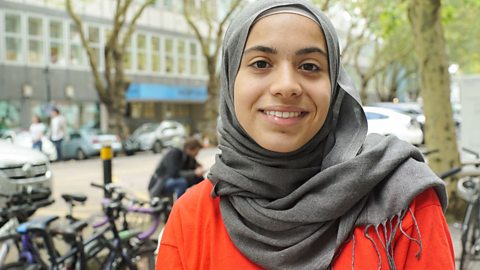Meet Erin, 21, from Liverpool. She's an educational wellbeing specialist and advises young people about sexual health and relationships. Part of our Bitesize world of work series.
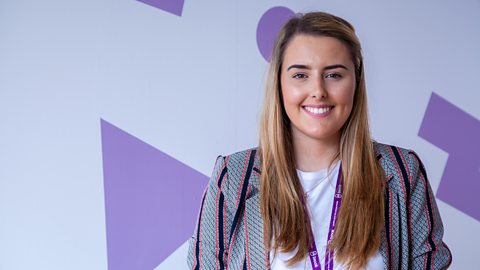
What does your job involve?
In my job as an education wellbeing specialist, I teach young people about sexual health, relationships and how to improve their wellbeing.
Part of my role is to go into schools and deliver different sessions, covering topics from sexual health to self-esteem. I also work as a receptionist and help to register young people into the local sexual health service. This means that I get to meet the young people as they arrive, which is reassuring for them because they recognise me later on.
In addition, I spend time answering lots of different questions on the phone ÔÇô just supporting young people the best that I can with their sexual health and relationships.
What do you like most about your role?
I like working with and supporting young people. In our education sessions, they are allowed to ask questions they usually wouldnÔÇÖt get the chance to ask, except online. The information that can come up on an internet search is sometimes wrong, so the sessions are really important.
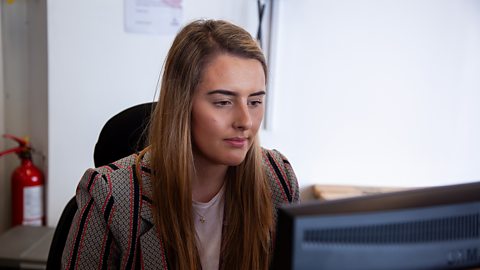
What skills do you use in your job?
One of the key skills that I use is active listening. Asking questions about sexual health can be really daunting so it's important that I listen well so I can understand what people are going through. Teamwork is also important because the educational department and the clinical department need to work together.
I also use some of the practical skills that I learnt at college. I did a BTEC in Health and Social Care and we did a lot of lab work. For example, I learnt to use a pipette, which was really helpful because we use these to test for sexually transmitted infections.

Describe your career path so far?
After my GCSEs, I knew I wanted to go into a healthcare profession so I picked Health and Social Care and Sociology at college. Alongside studying, I volunteered with Brook (a charity which provides wellbeing and sexual health support for young people), at a rehabilitation centre and at the NSPCC as a switch board operator.
I applied to study Social Work at university but wasn't accepted onto the course. It was a big blow, but I was determined not to give up. Then I was contacted by regarding an opportunity with the Rank Foundation for a 12-month placement as an educational wellbeing specialist. This was one of the best things that ever happened to me.
I did a Level 3 Youth Work Diploma too and this, combined with the experience I've gained in this role, has helped me to finally be accepted at university. I now study two days a week.

Top tips
Being rejected from university was really hard, but some good things came out of it ÔÇô I won the North West Volunteer Award, for example, and learnt to be more resilient and proactive
When you choose what to study, pick a topic that you love and can see yourself doing in the future. My highest grades were in Physics and Maths, but I knew that wasn't what I wanted to do
Volunteering can open so many doors and, although it can be difficult, itÔÇÖll definitely be worthwhile and can lead to paid positions.

For careers advice in all parts of the UK visit: , , and .

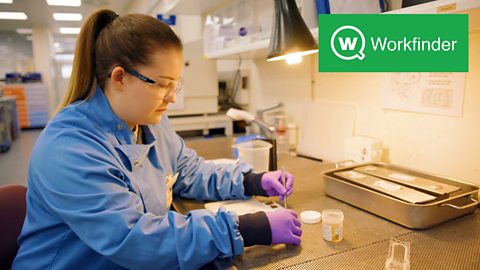
Find work experience placements with Workfinder.
Tips and advice
Help with interviews, writing a CV and all things work experience related.


Kestra: medical student. video
Kestra's a medical student at university.

Tanoh: paramedic. video
Tanoh's a paramedic in the NHS.
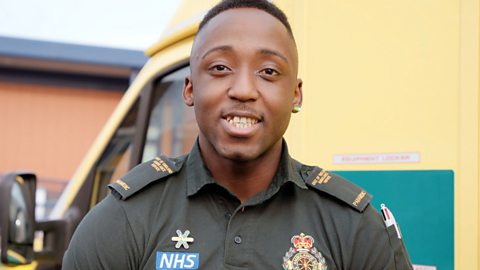
Khadija: first aider
Khadija uses her medical knowledge to teach young people first aid.
